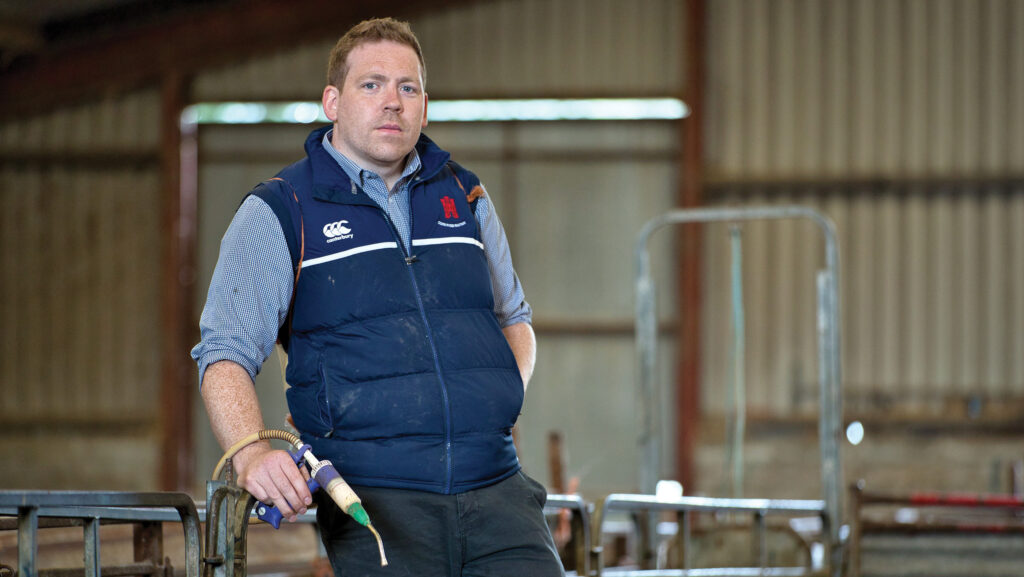Farmer Focus: Don’t forget farming’s role in tourism
 © Richard Stanton
© Richard Stanton We recently returned from a fantastic break. Apologies in advance if this article sounds like an advert from the Welsh tourism board, but our experience was genuinely that impressive.
We stayed just outside Pwllheli in north-west Wales.
During our trip, we ventured to places such as Beddgelert and Abersoch. What struck me while we were there was the number of people also visiting these areas.
One lesson from my trip was how clearly linked farming is with successful tourism in Wales. The beauty of the landscape, shaped by generations of agricultural practices, is a significant draw for visitors.
See also: Rural tourism and leisure: How to expand and attract customers
I’m not naive. I know there are some downsides to having so many tourists in rural areas, such as litter and holiday homes driving up property prices, making affordable housing non-existent for local people.
However, the towns were bustling, with shops packed, and pubs filled with people enjoying the beer gardens, creating a very pleasant atmosphere.
Judging from the accents I overheard, the visitors were from all over the UK.
As I sat on the beach at Abersoch, looking across towards Eryri National Park, I wondered if they would all still come if farmers did not play their part in maintaining such stunning landscapes.
Environmentalists might suggest that rewilding could make the area look just as beautiful, but I somehow doubt that people would travel to see a landscape dominated by brambles.
Tourists have grown up with a nostalgic view of the countryside, and it’s crucial that policymakers remember this.
It’s not just farming that will be affected by changes to rural policy: tourism, which directly contributes £2.4bn to the Welsh economy and employs 161,000 people (12% of the workforce), is also at stake.
Farming provides the picturesque backdrop that tourists seek, making these areas attractive destinations.
The synergy between farming and tourism matters. Farming creates the patchwork of fields, hedgerows, and pastures that define the rural aesthetic.
Without active farming, the countryside would lose much of its appeal.
It’s important for policymakers to consider this when planning for the future.
The preservation of these rural areas by farmers producing food not only supports the local economy through tourism, but also maintains the cultural heritage and natural beauty that define Wales.

